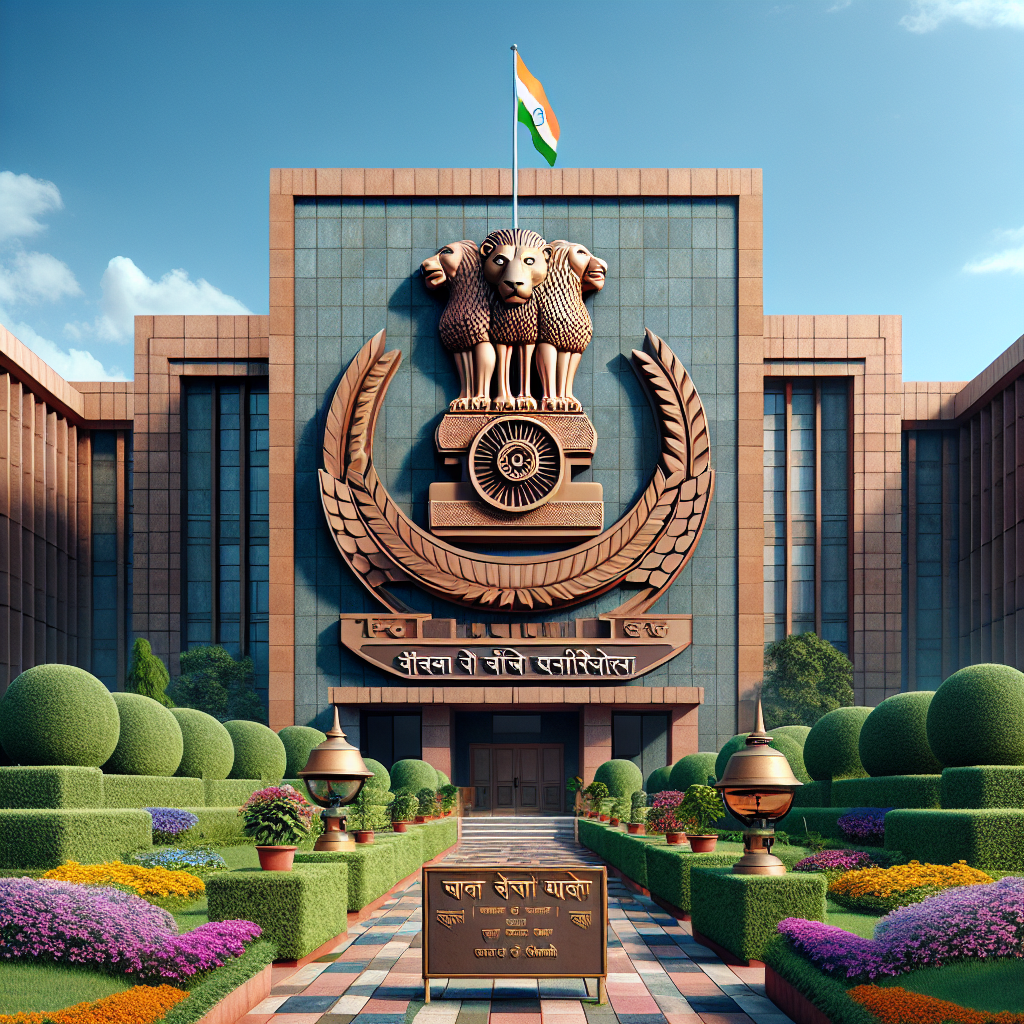The Bureau of Indian Standards (BIS), India’s National Standards Body, is at the forefront of addressing the need for reliable and affordable medical assistive technologies and healthcare devices. By developing standards for a range of innovative products such as therapeutic footwear, portable ramps, braille displays, and fall detectors, BIS aims to support individuals with disabilities and improve their quality of life.
In alignment with the National Medical Device Policy, 2023, BIS is prioritizing the development of standards for 214 critical medical devices. Identified in consultation with the Department of Pharmaceuticals (DoP), this ambitious initiative will be executed in phases and is set to conclude by December 2025. The standards include those for advanced devices such as septal closure implants, plasma sterilizers, and phototherapy equipment.
Strengthening India's Medical Device Ecosystem
By aligning its initiatives with the Medical Devices Rules, 2017, and the National Medical Device Policy, 2023, BIS is enhancing healthcare quality, safety, and innovation in the sector. Its standards foster a robust regulatory framework that ensures patient safety while encouraging innovation and global competitiveness.
Extensive Coverage of Medical Standards
To date, BIS has developed over 1,700 standards for the medical sector, with nearly 1,200 focused specifically on critical medical devices. These standards span various specialties, including:
Life-saving Devices: Standards for cardiac pacemakers, heart valves, ventilators, and haemodialysis machines.
Advanced Diagnostic Tools: Regulations for X-ray machines, CT scanners, MRI systems, and blood glucose monitors.
Assistive Technology: Guidelines for hearing aids, wheelchairs, tactile pathways, and Jaipur Foot prosthetics for the differently-abled.
Key Indian Standards for Medical Devices
Some of the notable standards published by BIS include:
Cardiac Pacemakers: IS 13450 (Part 2/Sec 31): 2021
Heart Valves: IS 17840
Ventilators: IS 13450 (Part 2/Sec 12): 2023
Infant Incubators: IS 13450 (Part 2/Sec 19): 2023
MRI Systems: IS 13450 (Part 2/Sec 33): 2018
Blood Glucose Monitors: IS/ISO 15197: 2013
These standards ensure that Indian-made devices meet global quality benchmarks, bolstering trust among healthcare providers, consumers, and international markets.
Enhancing Accessibility Through Assistive Technology
In addition to medical devices, BIS is setting standards for assistive technologies, addressing the specific needs of individuals with disabilities. These initiatives, such as tactile pathways for the visually impaired and fall detectors for elderly individuals, aim to enhance accessibility and inclusivity in healthcare services.
Future Plans
The phased implementation of standards for critical medical devices, coupled with a focus on accessibility and affordability, will cement India’s position as a leader in healthcare innovation. BIS is committed to ensuring that Indian medical devices are not only safe and effective but also globally competitive, fostering trust and innovation in the sector.
As the initiative progresses toward its 2025 goals, BIS remains a pivotal force in shaping India’s medical device industry and advancing global healthcare standards.











